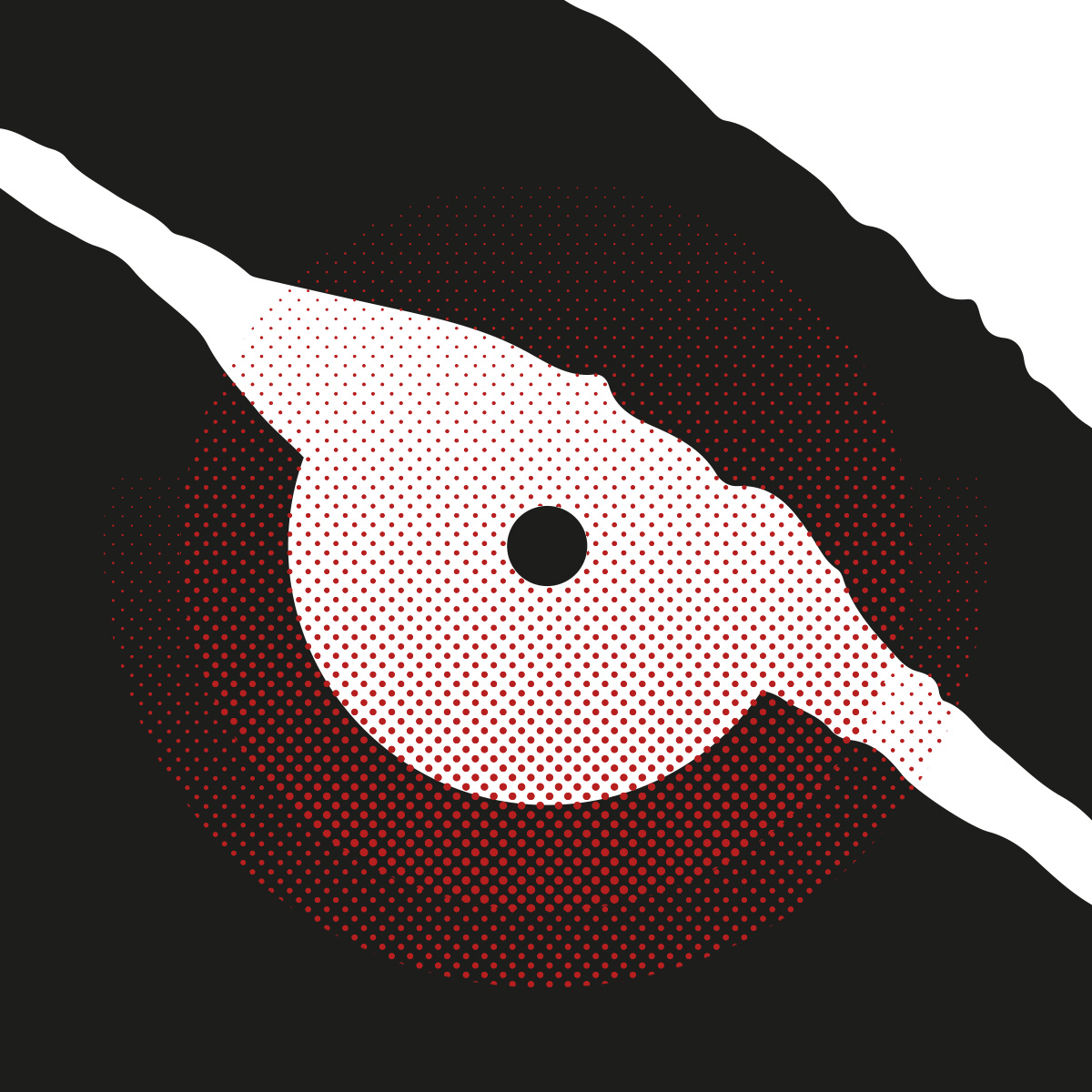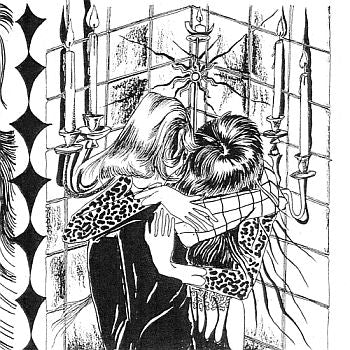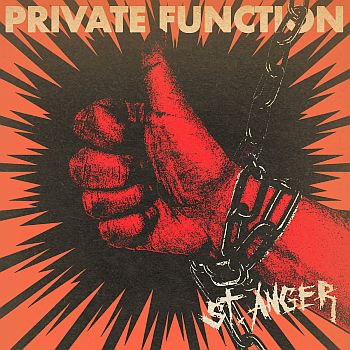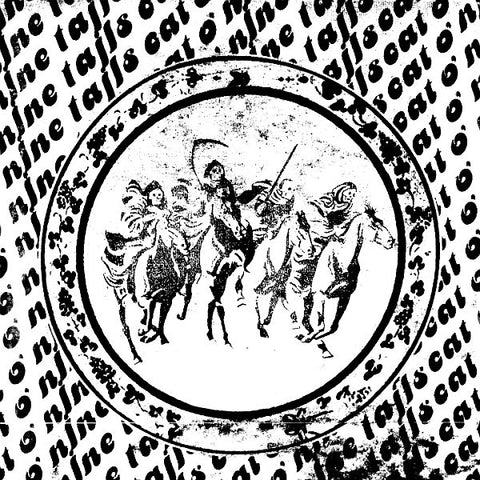
Universal
ELVIS COSTELLO - Armed Forces LP
It could be said that Elvis Costello had the distinct pleasure of living out the ultimate dream of every sharp-witted, incurably bitter young bastard with hopes of achieving stardom. In only two and a half years, he was propelled from an awkward, computer-programming teenager with a Jazzmaster and ugly glasses to the prototype for chic geekdom. Virtually overnight, he established himself as among the most articulate songwriters rock music has ever seen, infusing punk with the literacy it had always strived for but rarely achieved. With superstar status and a reputation for pushing the envelope, Costello was able to crystallize the thematic threads of political and personal devastation that ran through his first two records into the concept of "emotional fascism," the original title for Armed Forces.
Though Armed Forces is in many ways the most conceptually aggressive and confrontational of Costello's first three records, it doesn't carry with it the same immediacy of his first two releases, 1977's My Aim Is True and 1978's This Year's Model, on which he came as a man with something to prove. There's something intensely subversive about My Aim Is True with its undercurrents of anger and frustration providing a foundation for his synthesis of pop melody, country twang, and punk energy. This Year's Model, meanwhile, saw Costello expanding his sound significantly, with each instrument coming through as clear and urgent as a warning siren. It was equal parts whispered confession and frantic street corner sermon, and though he never quite reached its apex again, Armed Forces comes very close.
As Costello writes in the liner notes to this expanded reissue, Armed Forces marks the first time that he was actually aware of his audience. Perhaps in an attempt to elucidate the web of veiled and convoluted social and personal references running through his first two records, the album is lyrically much more general, and remarkably self-conscious, right from the opening lyric, "Oh, I just don't know where to begin." This, of course, doesn't slow Costello down-- "Accidents Will Happen", one of the finest songs in his, or any, repertoire, matches a signature smirking double-entendre with an almost Baroque pop sensibility. Melodically and lyrically, the song is above reproach, as Costello sings of infidelity with what could either be construed as regret or smug satisfaction. It's also one of several songs on Armed Forces to benefit from the album's dense production.
Whereas both My Aim Is True and This Year's Model are sharply produced, relatively sparse affairs, Armed Forces is extravagantly layered with dense instrumentation and rich, effusive textures. Pete Thomas' maniacal drumming is much more consistent than on previous outings, and keyboardist Steve Nieve, for the first time, is as likely to be found at a piano as behind a synthesizer. On "Accidents Will Happen" and the similarly stunning "Oliver's Army", in which Costello winds catchy and elegant melodies around slightly off-kilter chord progressions, the production works to the record's advantage, filling the songs out with bombastic power-pop arrangements and giving weight to their urgency. "Big Boys" and "Green Shirt"-- two subdued products of the same mold that produced "The Beat" and "Pump It Up", and make full use of steady, insistent rhythms and the unstoppable kinetic energy of The Attractions-- are near-classics as well, but are somewhat hindered by the album's smoother production. An earlier acoustic version of "Big Boys" included as a bonus track on Rhino's reissue of This Year's Model reveals layers of anger and heartbreak that the album version buries beneath impenetrable four-part harmonies and a heavy fog of reverb.
Of course, even if the production on Armed Forces often serves to conceal, rather than reveal the nuances of Costello's songwriting and The Attractions' always impeccable playing, the songwriting can hardly be argued with. "Goon Squad" carries on the menacing tone and complex rhythms of "Watching the Detectives" and "(I Don't Want to Go to) Chelsea" with a prodigious sense of melody; "Party Girl" is yet another example of Costello successfully executing what would, in the hands of a lesser musician, quickly strike as overwrought; "Moods for Moderns" turns disco cliché into new wave brilliance; and a fiery, acidic cover of Nick Lowe's "(What's So Funny 'Bout) Peace, Love and Understanding" mockingly closes an album packed with dauntless, condemnatory social commentary.
In the end, the greatest strength of Armed Forces may be the same thing that makes it less viscerally powerful than Costello's two prior records-- its songs absolutely demand to be appreciated for their craftsmanship. In many ways, Armed Forces can be seen as the point at which Costello dropped the role of angry young upstart, and became more comfortable with his personification as a songwriter. And considering that he has since remained largely true to this sound, it can be seen not only as the consummation of all he had worked toward, but a window to what he would later accomplish.




